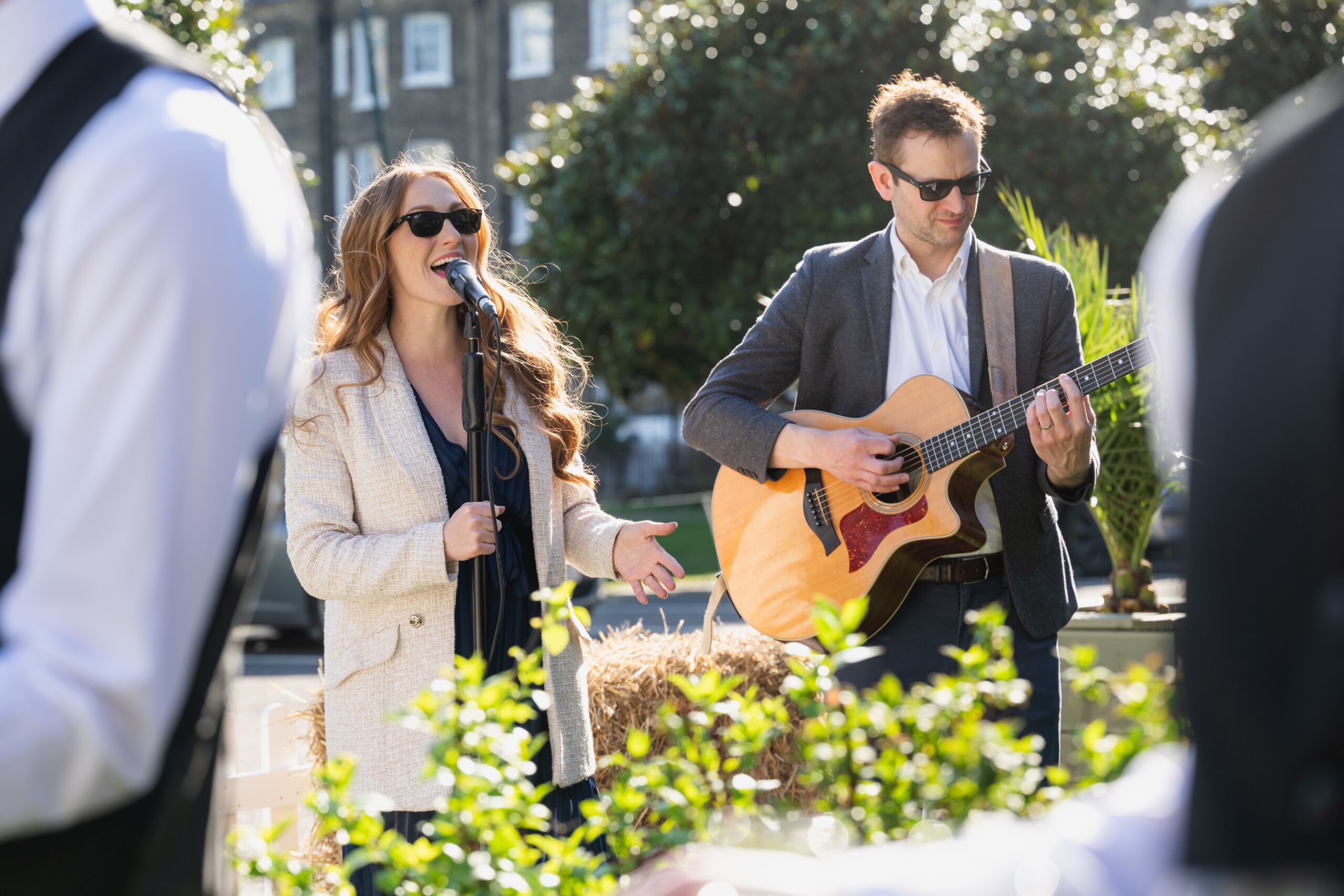Tell us about your background experience and how you became a Liquid Chef?
When I left school, I actually went to university to study Music Technology & Electronic Engineering, but I didn’t overly love it and also needed a part time job to fund my student lifestyle. As a result, I started working at a taproom and venue owned by London Fields Brewery, which centrally focused on really good craft beers.
I have always enjoyed beer, and here I learnt the importance of really knowing your product and being able to describe different flavour profiles to customers. I took this knowledge into my next role at Bao, a restaurant in Borough Market, where I first joined as Bar Supervisor. This was my first introduction to large scale cocktail making and I certainly got thrown in at the deep end.
Aside from never having seen more advanced mixology techniques, I had never worked with Asian flavours outside of my own kitchen, but despite the steep learning curve, thoroughly enjoyed it and really thrived as it ignited a new passion for cocktails.
After this, I secured several management positions at pubs around London and Essex and was put in charge of beverages and menu development. Here, I really paid attention to learning different consumer trends and thoroughly enjoyed introducing new session beers and cocktails to the bars.
Ultimately, I describe myself as a ‘COVID bar tender’, where I used the time during lockdown to hone my skillset in making great tasting drinks [and food] and have thrived on this ever since.
What are your typical responsibilities as Liquid Chef at Camm & Hooper?
I originally joined Camm & Hooper in 2023 to work for a specific venue and then after a few months secured the exciting role of Liquid Chef.
My responsibilities vary from developing new tastes and flavours, experimenting with new mixology techniques to improve our creation process and to ensure all events run smoothly so that all guests have a fantastic experience.
I think about every detail that goes into our drinks and apply innovation to all processes wherever possible. I am extremely passionate about what I do, love putting a smile on people’s faces through my own creations, and have never had a role that provides the same sense of satisfaction.
What flavours do you enjoy working with most and why?
I am a sucker for modern cocktail trends – savoury flavours, fresh herbs, quality spirits. Most recently I have taken a lot of inspiration from Asian cuisine. For example, for a recent event at the Victorian Bath House, I created a variation of a Pearl Button, where I used coconut oil to fat wash the cachaça, together with acid adjusted apple juice to mimic the acidic component of lime, and then created a filtered red miso shrub which was sweetened with wild honey to create a more authentic, Asian flavour profile.
I also thoroughly enjoy working with infusion and bespoke flavours, together with the pageantry of bartending such as adding a little flare with some creative serves and garnishes.
However, although tricks like smoke and fire are enticing, they aren’t always easily repeatable when serving to a mass audience. I don’t want people to queue at a bar I’m serving on for too long. As such, we work hard to strike a careful balance between wowing people and ensuring they have an efficient and enjoyable event experience, with a twist.
How have consumer drinking trends evolved in recent years?
A lot of drinks, particularly cocktails, are seasonal. Nothing really beats having a fresh, gin-based drink in a beer garden during summer, just like darker spirits are more of a ‘go to’ in winter.
However, I would say one of the biggest things consumers are looking for now is value for money. A lot of people don’t have £20 plus to spend on one drink, which is why bars like Swift and Atelier Coupette in SOHO are some of my favourites for a tipple. They have dedicated development sessions where bartenders can put new things on the menu for a reduced price, while enabling people to enjoy a drink without breaking the bank.
Vegan, allergen free and alcohol-free alternatives are also quickly gaining popularity, particularly amongst a younger audience. Here, guests still want the same attention to detail that comes with more traditional cocktails but catered to their dietary needs or personal pallet, as they should. This has been great for the industry as constraints can breed a lot of creativity and yield some amazing results.
Finally, I would say that minimalistic presentation is a big thing now, with consumers becoming more attracted to refined and creative drinks paired down presentation. Think, simple and elegant glassware, perfectly cut ice columns or big ice cubes, a crystal-clear product finished with something simple like a simple citrus zest or a little nibble on the side. This polished and stylish approach to cocktails is certainty a far cry from big pineapple fronds, crazy straws and cocktail umbrellas, but that will always have a place in my heart.
Camm & Hooper has recently launched its new Spring/Summer menu. What was your main inspiration behind the flavours featured on the drinks menu? And, do you have any favourites?
When creating the new spring/summer drinks menu, I wanted to create cocktails that were both familiar and adventurous – drinks that are recognisable in a certain form but surpass expectations in taste.
My favourite drink on the menu is the Cucumber and Dill Gimlet. A Gimlet is traditionally gin with a lime cordial, or lime and sugar, but I wanted to introduce more savoury flavours to the drink to bring out the interesting botanical notes in the gin.
As a result, I used a cucumber and dill infused gin and combined it with our own clarified lime cordial, which is made using spent lime husks, acid blends and citrus rind to limit waste. As such, we have transformed a quick ‘thrown together’ drink into a sophisticated ‘martini’ style cocktail, complete with a savoury cucumber and dill finish that play delicately with the botanicals of the London Dry Gin.
I thoroughly enjoy creating familiar drinks and surpassing taste expectations, which is often achieved by infusing with fresh herbs. For example, I recently created a roast dinner flavoured Old Fashion for a client event, where I took herbs from a traditional roast dinner and infused them with a duck fat washed spirit to mimic the flavour profile of a Sunday roast with all the trimmings. Although it sounds strange, all guests thoroughly enjoyed it.
What techniques do you incorporate to make Camm & Hooper drinks stand out?
To make Camm & Hooper drinks stand out, I like to use a combination of old school and more advanced mixology techniques. These techniques vary from drink to drink, but could incorporate basic sous vide infusions, rapid nitrogen infusion, acid balancing, clarification, fat washing, or even creating edible perfumes, foams and airs just to name a few.
I have also been experimenting with a few modern techniques, such as freeze switching. This is where you take a base juice, freeze it, and then syphon off the water content that melts before the juice to create a more concentrated and flavourful version of your initial product.
Ultimately, I like to make things taste different and to align our cocktails with the Camm & Hooper extraordinary approach to events.
Which cocktails are the most popular?
Although most people wouldn’t consider it a very “involved” cocktail, I would say a classic Gin and Tonic is still the go to, especially in London, as people are still very attracted to something a little bittersweet, which is at its core the definition of a cocktail: “Base Spirit, Sugar, Water, Bitters”. At the moment, Negronis and Negroni variations are real crowd pleasers and for the late-night party cocktails, the Espresso Martini is still a big deal.
My personal favourites change with the season. I love a dry gin martini, negroni or margarita, but I am a Bourbon boy at heart. Nothing quite hits the spot like a well-made old fashioned or Manhattan, not usually drunk at the same time.












